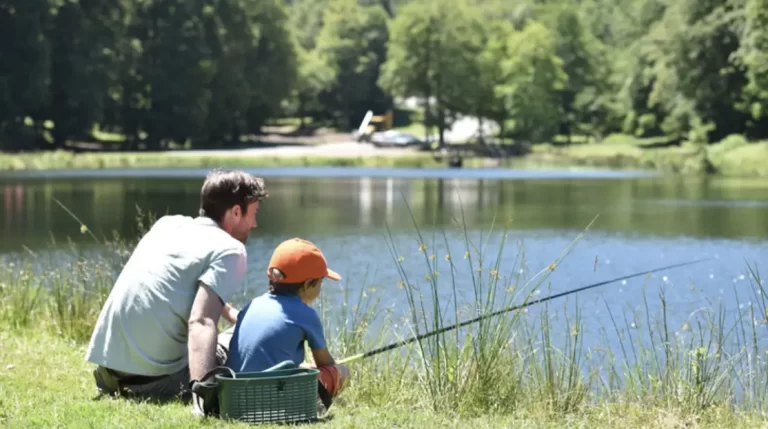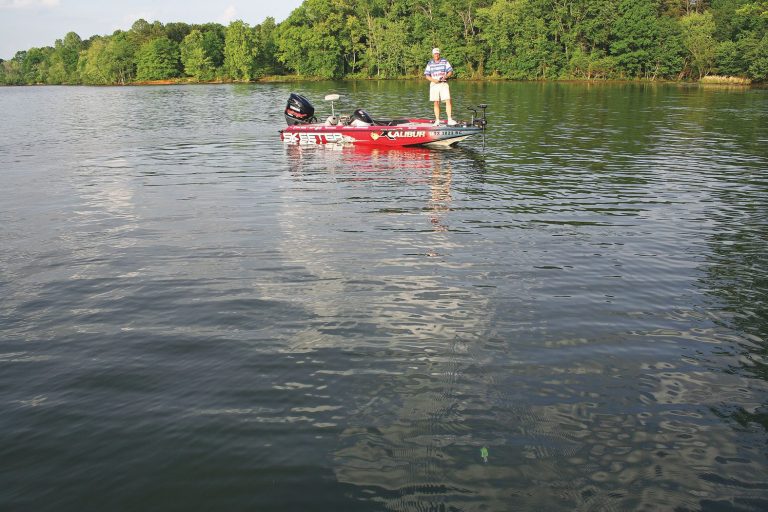Are you a non-resident hunter looking to explore the rich hunting opportunities in Tennessee? Before embarking on your hunting adventure, it’s crucial to understand the state’s licensing requirements and fees. In this comprehensive guide, we’ll dive into the details of Tennessee’s non-resident hunting license prices, the types of licenses available, and where to purchase them. By the end of this article, you’ll be well-equipped to plan your hunting trip and ensure compliance with state regulations.
Why is a Hunting License Necessary?
Hunting licenses serve several important purposes:
- Wildlife Conservation: License fees directly contribute to the conservation and management of wildlife populations, ensuring sustainable hunting opportunities for future generations.
- Regulation: Licenses help regulate hunting activities, including harvest limits, seasons, and methods, to maintain healthy wildlife populations.
- Safety: Completing a hunter education course, often a requirement for obtaining a license, promotes responsible and safe hunting practices.
- Access: A hunting license grants you legal access to designated hunting areas and public lands.
Types of Non-Resident Hunting Licenses in Tennessee
Tennessee offers several types of non-resident hunting licenses to cater to different hunting needs and durations:
- Annual Hunting License: This license allows for the general hunting of small game species for a full year from the date of purchase.
- Annual Big Game Supplement: In addition to the annual hunting license, this supplement is required for hunting big game species like deer and turkey.
- One-Day Hunting License: Ideal for short hunting trips, this license is valid for a single day and is perfect for non-residents visiting for a brief period.
- Hunting and Fishing Combination License: This convenient license combines both hunting and sport fishing privileges (excluding trout) for non-residents planning to engage in both activities during their stay.
- Annual and Lifetime Sportsman Licenses: Avid outdoorsmen can opt for the Annual or Lifetime Sportsman License, which includes hunting, trapping, and fishing privileges. The Lifetime Sportsman License offers these benefits for a one-time fee.
It’s important to note that additional permits may be required for specific species or hunting methods, such as waterfowl hunting or the use of archery equipment.
Non-Resident Hunting License Prices
The prices for non-resident hunting licenses in Tennessee as of 2023 are as follows:
| License Type | Price |
|---|---|
| Annual Hunting License | $300 |
| Annual Big Game Supplement | $300 |
| One-Day Hunting License | $50 |
| Hunting and Fishing Combination License | $450 |
| Annual Sportsman License | $650 |
| Lifetime Sportsman License (Ages 13-50) | $3,200 |
| Lifetime Sportsman License (Ages 51-64) | $2,000 |
| Lifetime Sportsman License (Ages 65+) | $1,000 |
Prices are subject to change. Always verify the current fees with the Tennessee Wildlife Resources Agency (TWRA) before making a purchase.
Where to Purchase a Non-Resident Hunting License
Non-resident hunting licenses can be conveniently purchased through several methods:
- Online: Visit the official TWRA website or the Go Outdoors Tennessee platform to buy your license online.
- TWRA License Agents: Many sporting goods stores, hardware stores, county clerks’ offices, and marinas throughout Tennessee serve as license agents. Purchasing in-person allows you to get local insights from knowledgeable agents.
- TWRA Regional Offices: You can also visit one of the four TWRA regional offices located across the state to obtain your license.
When purchasing a license, you’ll need to provide your personal information, including your full name, date of birth, and Social Security Number (SSN). A valid government-issued ID may also be required.
Replacement of Lost or Stolen Licenses
If your non-resident hunting license is lost or stolen, you can easily obtain a duplicate:
- Online: Log into your account on the TWRA licensing system using your SSN for verification, and reprint your license.
- In-Person: Visit a TWRA license agent or regional office, where they will verify your information and issue a replacement.
A small fee may apply for the replacement license. Remember to always carry your license with you while hunting, as it is required by law.
Hunter Education Requirement
Tennessee requires all hunters born on or after January 1, 1969, to complete a hunter education course before purchasing a hunting license. This requirement applies to both residents and non-residents. The course covers essential topics such as firearm safety, hunting ethics, wildlife conservation, and responsible hunting practices.
You can complete the hunter education course through one of the following methods:
- Traditional Classroom Course: Attend a multi-day, instructor-led course in person.
- Online Course: Complete the online portion of the course, followed by a field day for hands-on instruction and a final exam.
Upon successful completion of the course, you will receive a hunter education certificate, which you must carry with you while hunting.
Hunting Regulations and Seasons
In addition to obtaining the appropriate licenses, it’s crucial to familiarize yourself with Tennessee’s hunting regulations and seasons. These regulations cover important aspects such as:
- Bag Limits: The number of animals you can legally harvest per day or season.
- Hunting Methods: Approved methods of take, including firearms, archery equipment, and muzzleloaders.
- Hunting Seasons: Specific dates when hunting is allowed for each species.
- Wildlife Management Areas (WMAs): Special regulations and permit requirements for hunting on WMAs.
- Migratory Bird Regulations: Federal and state rules governing the hunting of migratory birds like ducks and geese.
Hunting regulations and seasons can vary by species, location, and hunting method. Always review the most current Tennessee Hunting Guide, available on the TWRA website or through their mobile app, for the most up-to-date information.
Conclusion
Obtaining a non-resident hunting license is a crucial step in planning your Tennessee hunting adventure. By understanding the types of licenses available, their prices, and where to purchase them, you can ensure a smooth and legal hunting experience. Remember to complete the necessary hunter education course, familiarize yourself with the state’s hunting regulations, and always prioritize safety and ethical hunting practices.
With your non-resident hunting license in hand, you’re ready to explore the diverse hunting opportunities Tennessee has to offer, from the rolling hills of the Appalachian Mountains to the lush forests of the Cumberland Plateau.
Can I purchase a non-resident hunting license online?
Yes, you can easily purchase your non-resident hunting license online through the TWRA website or the Go Outdoors Tennessee platform.
Do I need to complete a hunter education course if I have a hunting license from another state?
If you were born on or after January 1, 1969, you must complete a hunter education course recognized by the TWRA before purchasing a hunting license in Tennessee, regardless of your license status in other states.
Are there any age restrictions for non-resident hunting licenses?
Non-residents age 13 and older must purchase the appropriate hunting licenses to hunt legally in Tennessee. Those under 13 may hunt without a license but must be accompanied by an adult at least 21 years old who has a valid hunting license.
Can I hunt on private property with a non-resident hunting license?
A non-resident hunting license allows you to hunt on private property with the landowner’s permission. However, it’s essential to obtain written permission from the landowner and respect their property rights.
How long is a non-resident hunting license valid?
The validity of a non-resident hunting license depends on the type of license purchased. Annual licenses are valid for one year from the date of purchase, while one-day licenses are valid for a single day. Lifetime licenses, as the name suggests, are valid for the lifetime of the license holder.





